Everyone loves an underdog. When weak links overcome major challenges and strive to be the saviors of the world (or galaxy), there is something undeniably endearing about their quest for success. Of course, this type of character arc only happens in movies, right? Well, yes — with the exception of post-revolution France.
Director Ridley Scott’s new biographical drama about the French emperor Napoleon Bonaparte displays what happens when that same underdog receives too much power. Despite occasional flaws, “Napoleon” is a biographical drama done right. Released on Nov. 22, the movie has performed below average at the box office, raking in about $140 million globally. Additionally, it has a moderately low 59% from critics on Rotten Tomatoes, meaning it is not even close to being certified fresh. With no apparent financial or digital confirmation of its success, “Napoleon” may sound like an easy skip for many, but it deserves your time.
The film starts off with a young Bonaparte witnessing the beheading of Marie Antoinette, the infamously one-dimensional face of royalty during the French Revolution. One would think that after seeing such brutality, the young soldier would not favor violence and take on a peaceful route in his future. But in fact, the beheading does the opposite: Napoleon realizes that brutality is the only solution to getting rid of inequality, leading him to employ savage battle strategies later on.
Even at 49, Joaquin Phoenix does a fantastic job playing the French leader. Since they are both naturally quirky and unpredictable, Phoenix’s personality directly reflects Bonaparte’s, which is apparent on screen. At times, it feels as though Phoenix is improvising to make Bonaparte more annoying, but somehow, the depth of his acting makes the character likable.
Josephine, Napoleon’s wife, played by Vanessa Kirby, manages to steal the show whenever she appears on screen. Throughout the movie, they cheat on each other and go through a saddening divorce, but their fiery relationship eventually gets them closer spiritually. At one point during the destructive Russian Winter, Bonaparte acknowledges that he is nothing without Josephine (something he previously denied after a fight between the two). The movie’s ending is also pretty striking, as it depicts that Napoleon’s final word was Josephine, despite dying six years after her.
The best and most memorable scene of the movie is the Battle of Waterloo. This extended war sequence masterfully showcases everything from the rain that delayed the start of the battle to the square battle formation employed by the English that led to the French loss. Scott’s extensive cinematic reputation with films like “Alien” and “Gladiator” is evident here, as he grips the audience to their seats in anticipation of not just what will happen but how it will happen.
Despite its long runtime (2 hours and 38 minutes), Scott makes the most of every scene and never ceases to entertain the audience. With its amazing war sequences, electrifying characters and masterful direction, “Napoleon” is Scott’s latest and perhaps final masterpiece.



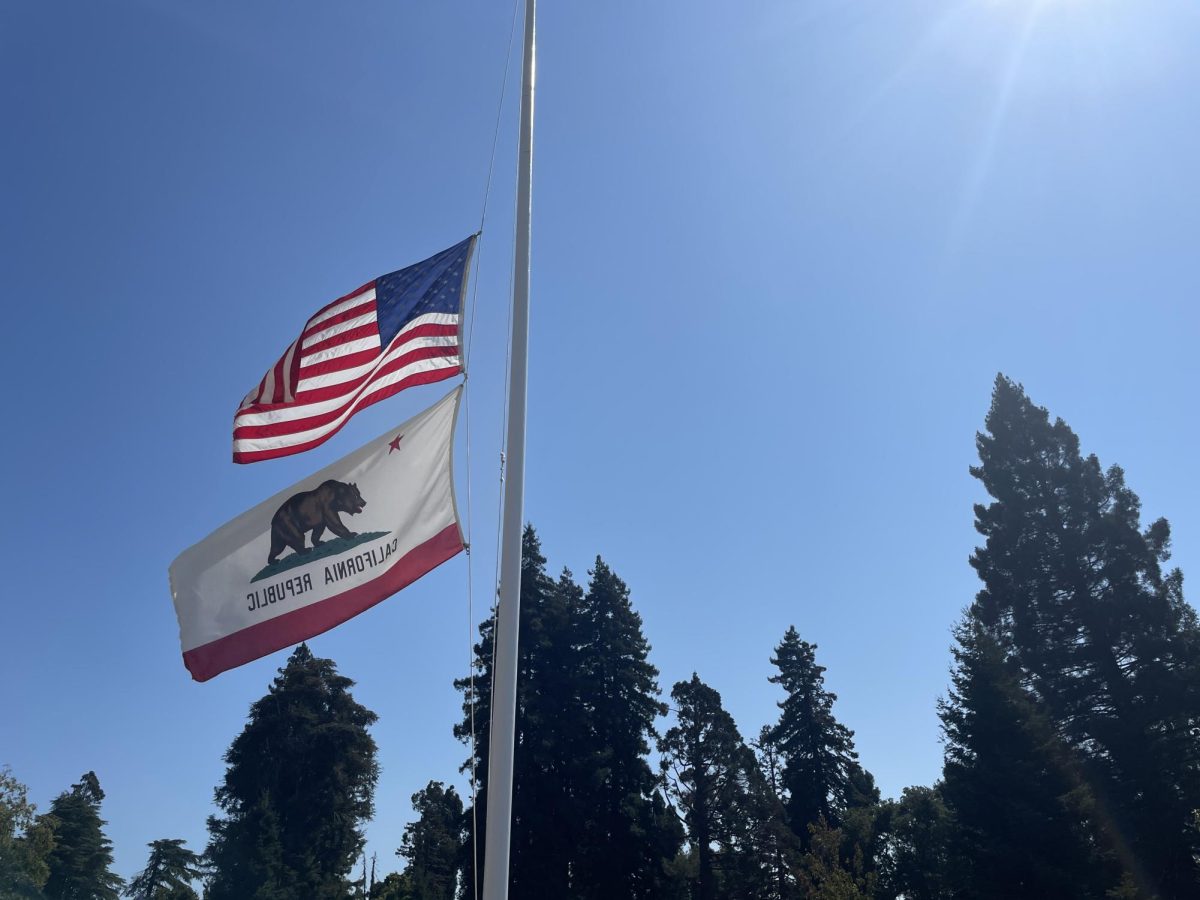
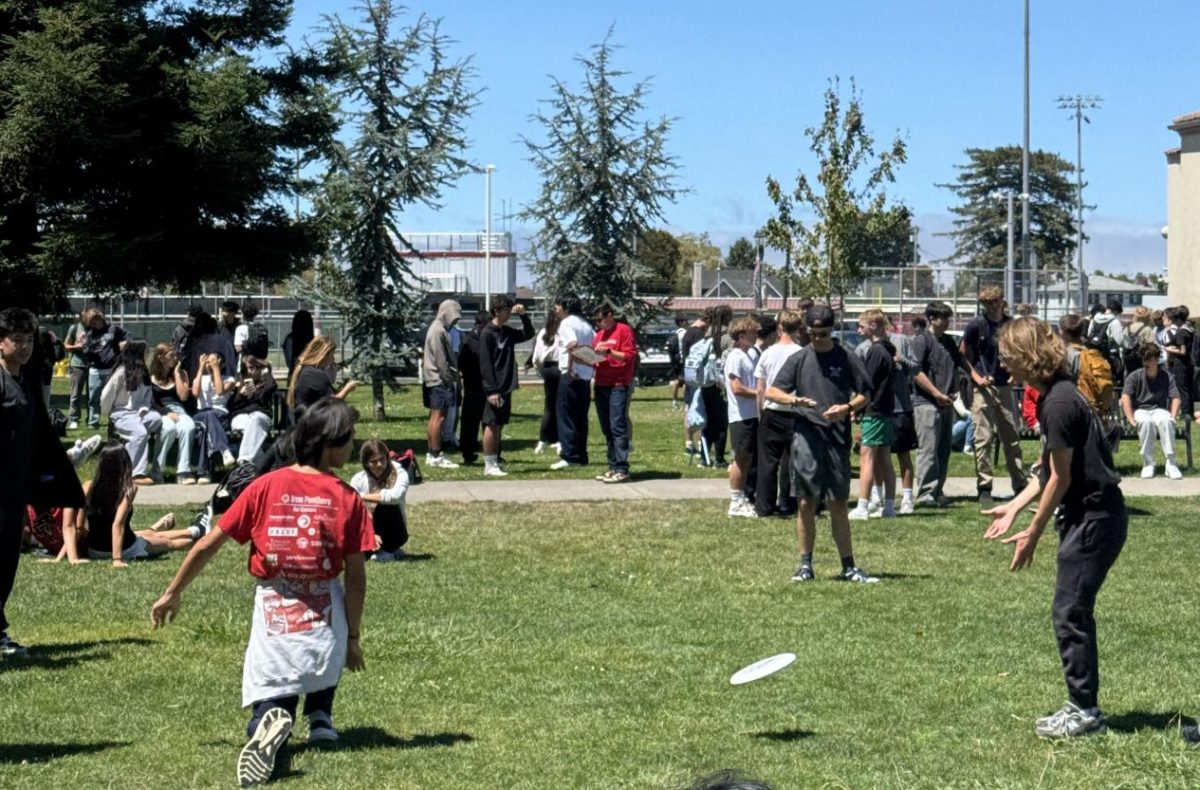

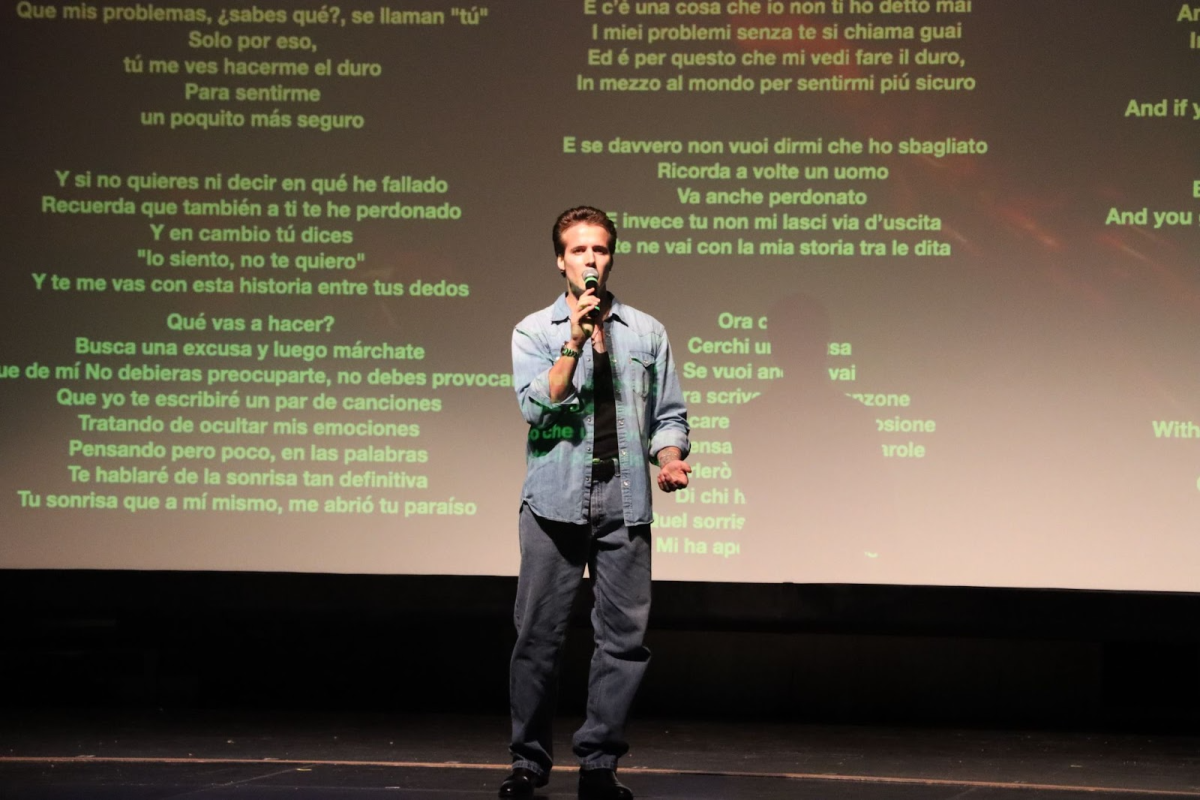



































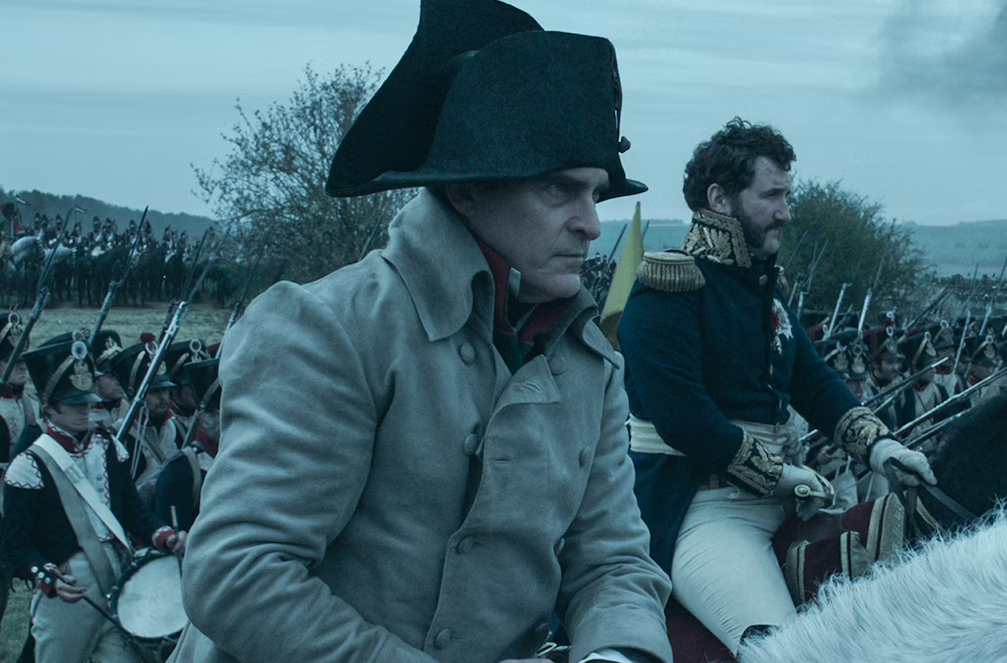

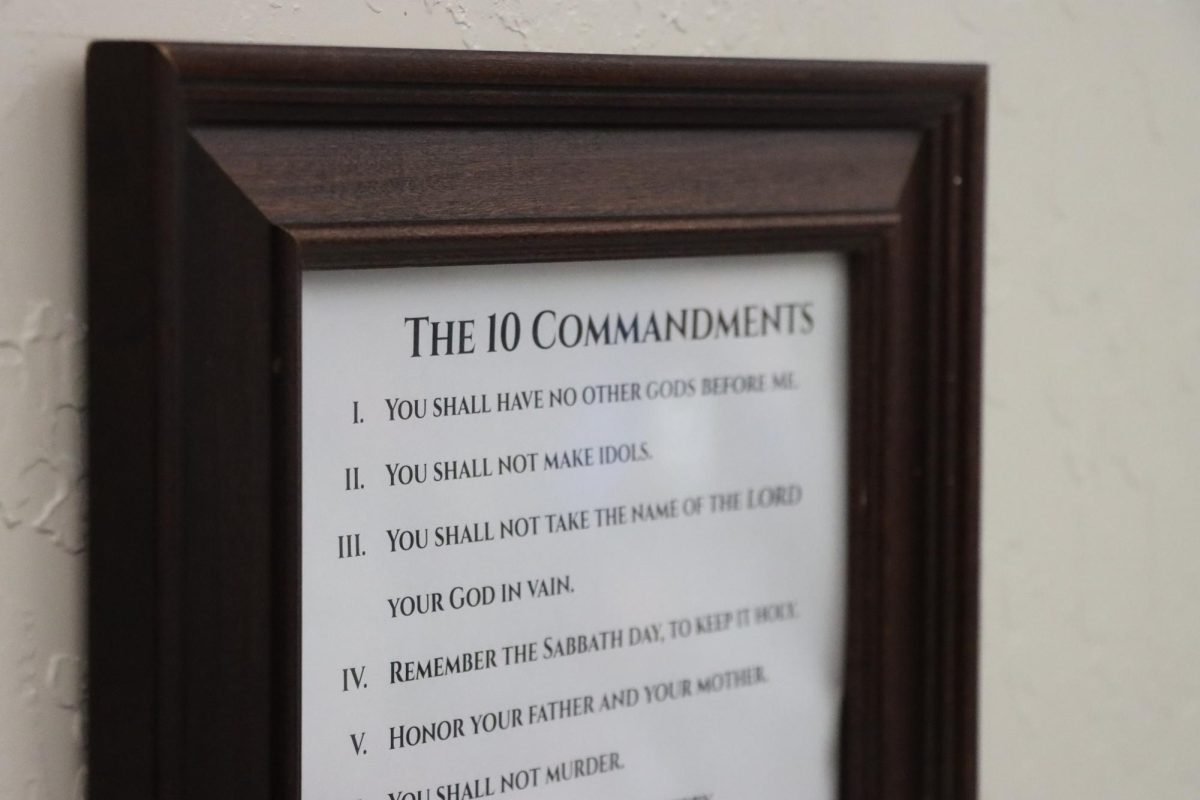






William Mitchell • Mar 29, 2025 at 12:19 am
I enjoyed the movie, highly entertaining, production values were high. Ridley Scott is incredibly talented.